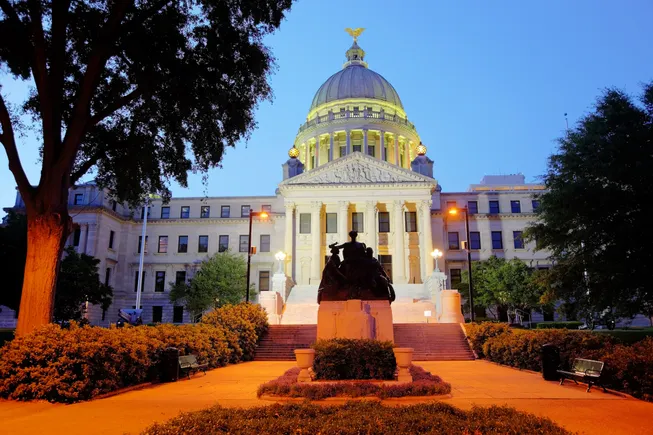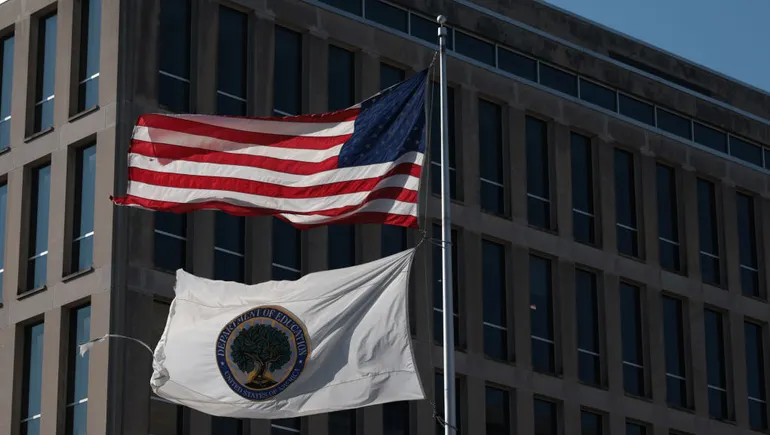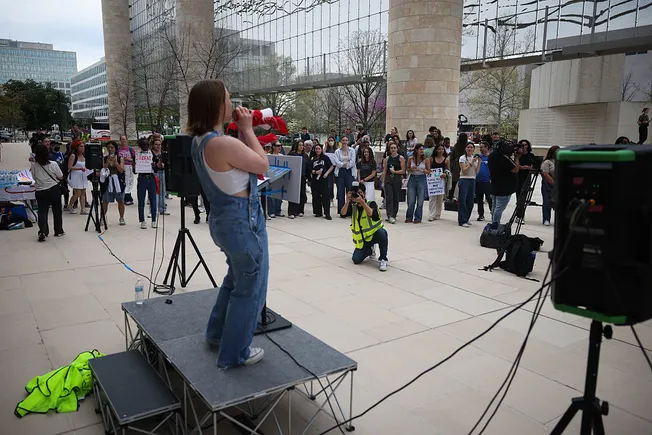Dive Brief:
- The University of California, Los Angeles has paused faculty hiring for the next academic year and is consolidating its cross-campus information technology teams as the public institution weathers financial attacks from the Trump administration on top of existing budget woes.
- In a community message Wednesday, two top UCLA leaders said they will “be prudent in making organizational changes, and do so in close collaboration with leaders across campus.” UCLA did not immediately answer questions Thursday about whether the IT consolidation will include layoffs.
- The announcement follows a message late last week from Chancellor Julio Frenk, who noted the Trump administration is seeking $1 billion from the university over antisemitism allegations primarily related to a protest encampment on UCLA’s campus in 2024.
Dive Insight:
In their message, UCLA Provost Darnell Hunt and Chief Financial Officer Stephen Agostini said the university was working with University of California system leaders to restore some $584 million in research funding cut off by the Trump administration.
“Our immediate priority is to sustain the research enterprise,” the officials said. “We are doing this via a thorough review process, grant by grant, alongside campus deans and faculty members.”
The funding cut followed U.S. Department of Justice allegations that UCLA broke civil rights law by not doing enough to protect Jewish and Israeli students from harassment.
At the center of those allegations was a spring 2024 pro-Palestinian protest encampment that UCLA leaders initially allowed to continue amid efforts to balance speech rights and campus safety. Less than a week later, they called police to break up the encampment.
The Justice Department has also launched a probe into whether the UC system discriminates against employees by allowing an antisemitic, hostile work environment.
Since Columbia University agreed to pay the federal government $221 million to settle similar allegations related to antisemitism, the Trump administration has reportedly sought payments from other high-profile colleges in its crosshairs.
Frenk recently panned the government’s effort to extract $1 billion from UCLA.
“I want to be clear: The costs associated with this demand, if left to stand, would have far-reaching consequences,” Frenk said in a statement last week. “The impacts to society are very real, as it could threaten our ability to conduct life-saving and life-changing research. But the impacts to our university are just as real.”
Last week, a federal judge ordered the National Science Foundation to restore grant funding potentially amounting to hundreds of millions of dollars. U.S. District Judge Rita Lin ruled that the cuts, made after the Justice Department announced its allegations, violated a prior court order in a lawsuit filed by UC researchers over mass grant terminations by the administration.
Even before the faceoff with the Trump administration, UCLA was shifting toward austerity as the wider UC system grappled with deficits. In fiscal 2024, UCLA posted an operating loss of $144.2 million, a sharp downturn from its positive operating income of $159.6 million the year before.
Hunt and Agostini noted the university had already cut administrative unit budgets by 10%, started a hiring review process and curtailed travel spending.
The officials said that existing efforts to streamline and save money in the university’s operations have become a subject of “immediate and urgent focus” given the financial environment.
The IT reorganization is part of those efforts. The move involves consolidating teams distributed across UCLA’s campus. The goal is to “boost our cybersecurity readiness; ensure more equitable access to high-quality IT services; and free up resources to elevate teaching, research and innovation,” Hunt and Agostini said.






